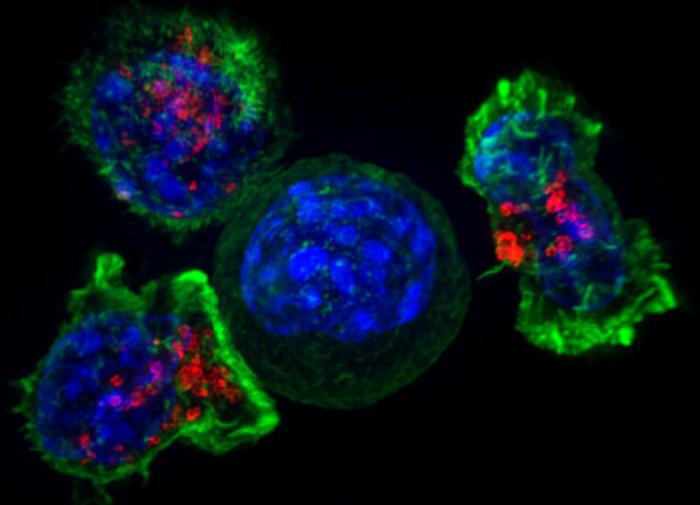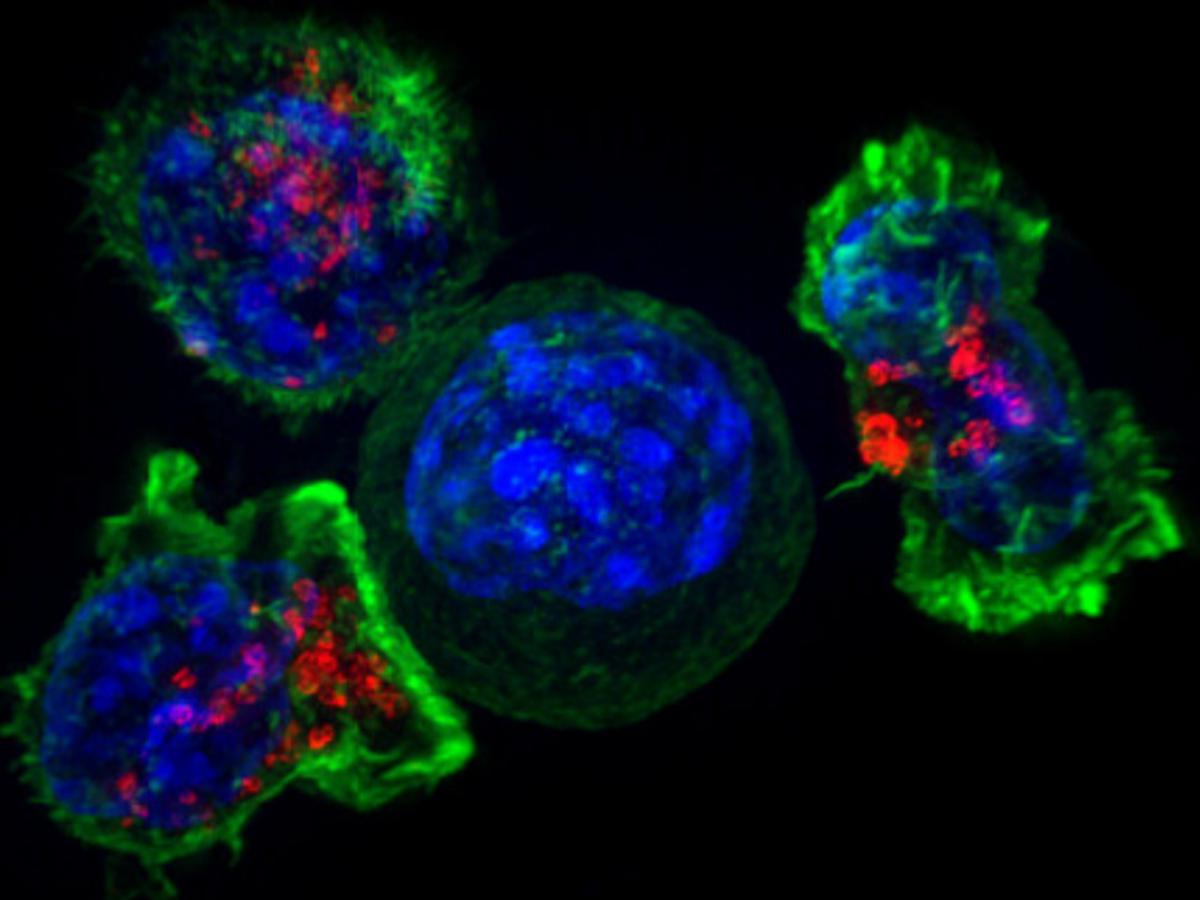3:42
09.19.2023 15:03
Dr. Zachary Shug, Assistant Professor of the Molecular and Cellular Oncogenesis Program within Ellen and Ronald Kaplan Cancer Center at the Wistar Institute in the USA, published a new study entitled “Acetate as a metabolic immunomodulator that enhances effector T cell function and enhances antitumoral immunity in breast cancer.” In it, the scientist reveals double fighting mechanism with a particularly aggressive and hard-to-treat form of breast cancer. Dr. Shug’s research demonstrates how suppression of a specific gene, ACSS2, Maybe improve existing treatments for patients with triple negative breast cancer.

Photo: openverse.org
Triple negative breast cancer, or TNBC, affects 10-15% of patients with breast cancer. TNRG received this name because absence of estrogen, progesterone and HER2 receptors in the tumor (humane epidermal growth factor). The absence of these receptors, which can be successfully targeted in the treatment of other forms of breast cancer, makes treatment of TNBC particularly challenging, and Patients with TNRG have limited treatment options.
The aggressiveness of TNRG adds to the technical challenges of finding reliable and effective treatment targets. Compared to other types of breast cancer, TNRG grows faster and is more resistant to treatmentleading to poorer prognoses for patients.
However, Schug and his co-authors demonstrated the effectiveness of a dual mechanism: ACSS2 gene suppression reduces the ability of TNRG to metabolize acetate and grow, and also activates the immune system to recognize and attack cancer. Because cancer cells with inhibited ACSS2 cannot efficiently process acetate, this results in increased concentrations of acetate in the tumor area, which in turn stimulates the immune system to detect the disorder.
This process of directing the immune system against cancer, called “immunosensitization”, has long confused other TNRG researchers. However, Suga’s approach demonstrates that ACSS2 inhibition so effectively activates the immune system against TNRG, which leads to reducing tumor growth, and in some experiments even to complete disappearance of cancer.
“Basically, we’ve proven that the immune system can use acetate that the tumor can’t process. It attacks the cancer when it’s weak. And, in fact, the immune system does this so effectively that it remembers how to attack TNRG in future, even if the ACSS2 gene in the tumor is still active.” — Shug noted.
Another group of researchers is using an ACSS2 inhibition method in human clinical trials. By combinations ACSS2 inhibitors with conventional breast cancer chemotherapy, Shug and colleagues found that ACSS2 inhibition enhances the effectiveness of treatment.
“We knew that ACSS2 was a promising target for TNBC. Our research shows how the immune effects of ACSS2 inhibition could be used to treat patients with TNBC who have limited treatment options. We need to do more research, but we expect significant improvements in treatment TNRG, combining this method with other methods of fighting cancer” – Shug emphasized.
